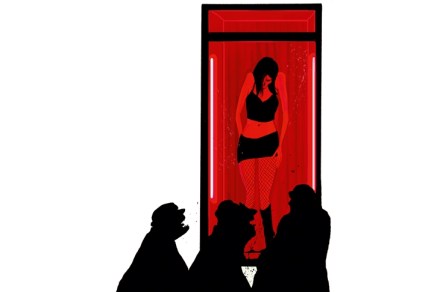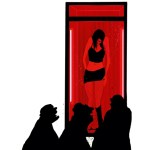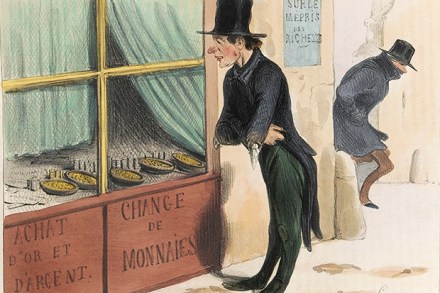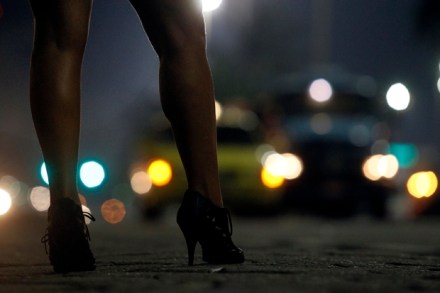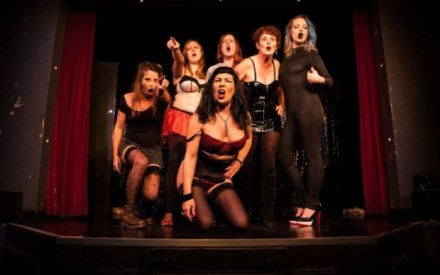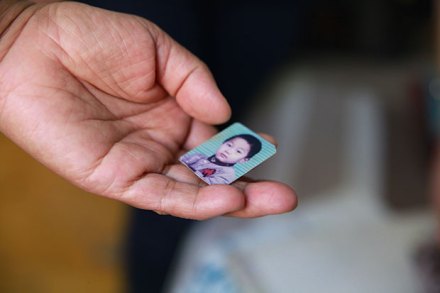Letters | 24 August 2017
In defence of General Lee Sir: In your leader ‘America’s identity crisis’ (19 August) you state that ‘When General Lee emerged as a leader of that rebellion [the secession of the Southern states], we said that he had no cause that stood up to scrutiny.’ The irony is that Lee did not disagree with that view. Unlike Jefferson Davis and other Confederate leaders, he was opposed to secession and believed that the Union should be kept intact. Nor was he an enthusiast for slavery. A slave owner by proxy, he appears to have loathed the experience. In 1856 he wrote to his wife saying that ‘In this enlightened age, there are


